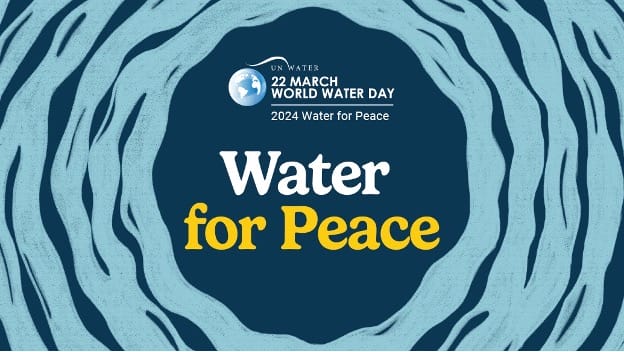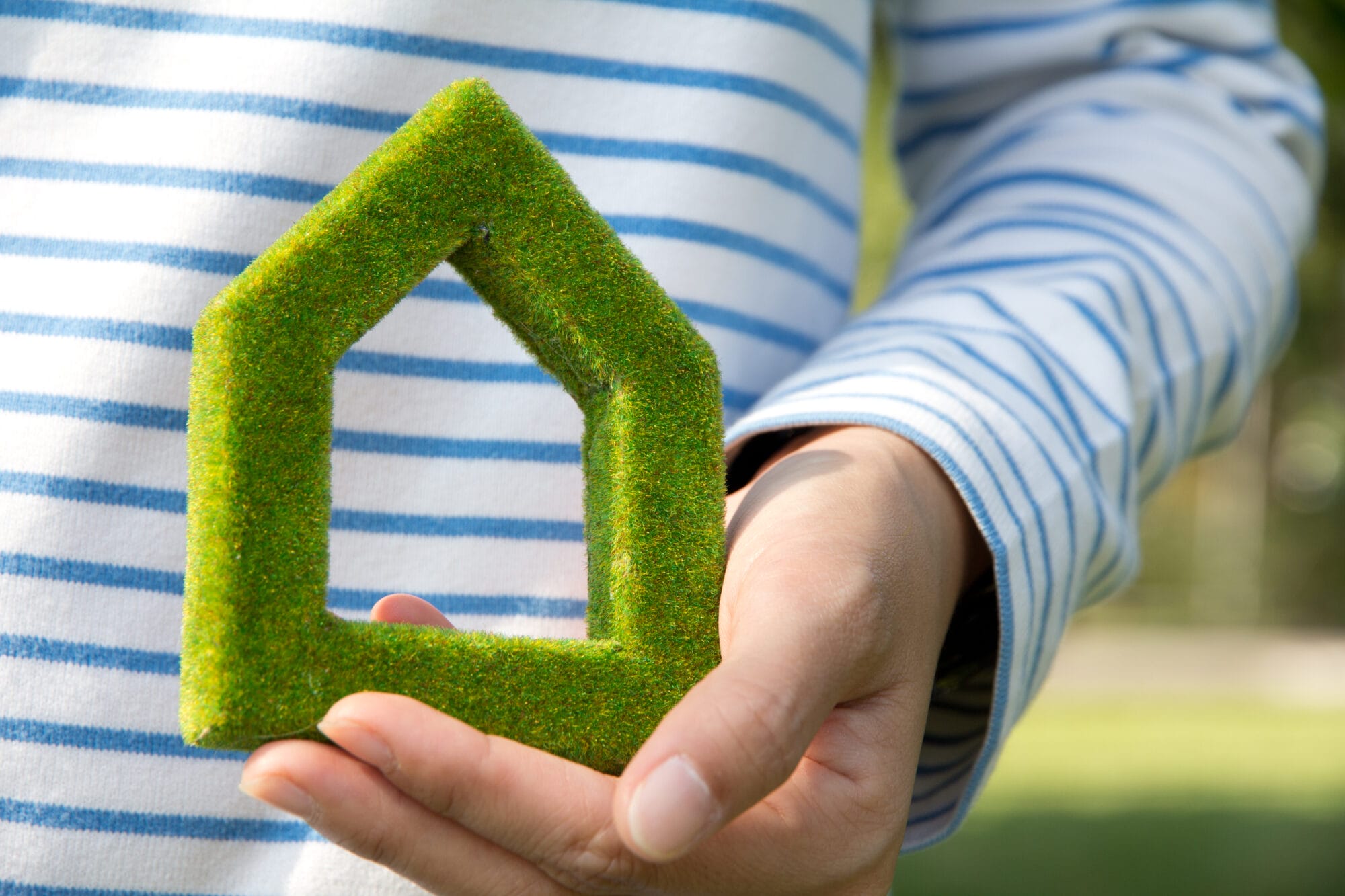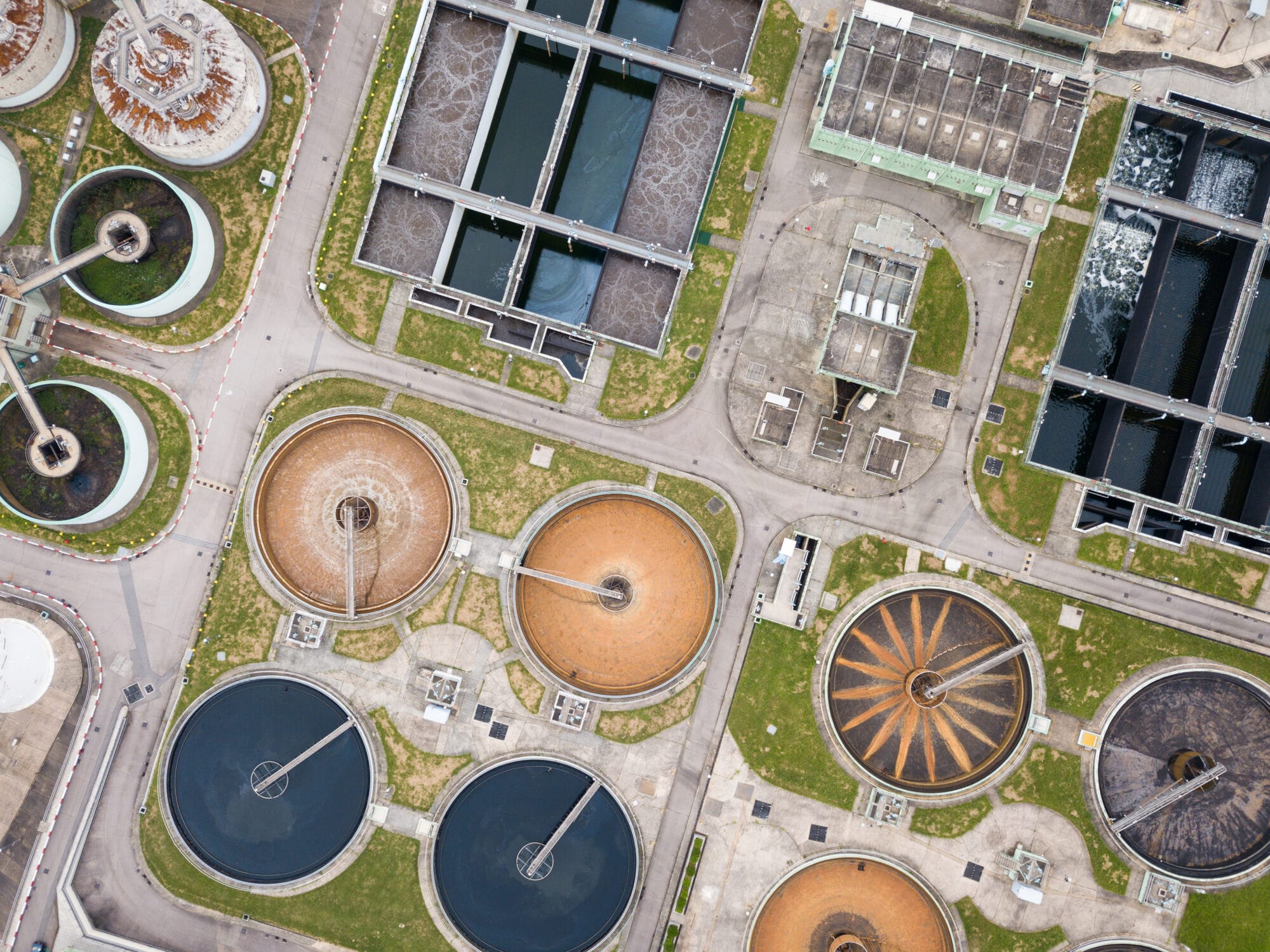Introduction
Every drop of water is precious, but do we treat it that way? As I brushed my teeth this morning, I realized that the tap was running unnecessarily. It struck me then – **water recycling** is not just a concept, it’s a necessity. It’s time we delve into this significant practice that’s not just about saving on bills, but also about our responsibility towards future generations.
Understanding Water Recycling
What exactly is water recycling? In simple terms, it’s the process of taking wastewater and treating it so it can be reused. It’s about making the most of every drop and reducing the strain on our water resources. The recycled water may not be directly drinkable, or ‘potable’, but it can be used in other areas like irrigation or industrial processes.
Most of us may not realize it, but we’re already reusing water in one way or another. That leftover water from your pet’s bowl? We might use it to water the plants. This, in essence, is the simplest form of water recycling.
The Benefits of Water Recycling
Water recycling comes with a host of benefits:
- Environmental advantages: By recycling water, we reduce our reliance on freshwater sources. This aids in conservation, ensuring these sources don’t dry up.
- Economic benefits: Reducing our water usage means our water bills go down. It’s a win-win situation!
Water Recycling Methods
There are several methods of recycling water, with different techniques suitable for different purposes:
- Greywater Recycling: This involves reusing water from showers, sinks, and washing machines. It’s perfect for watering your garden!
- Rainwater Harvesting: Collecting rainwater for use is another effective way of recycling water. This can be used for various household purposes.
Implementing Water Recycling at Home
Starting water recycling at home is easier than you think. Here are a few steps to get you started:
- Install water-efficient appliances and devices.
- Set up a rainwater harvesting system.
- Consider reusing greywater for watering your garden.
Water Recycling and Climate Adaptation
Did you know that water recycling plays a critical role in adapting to climate change? By reusing water, we’re reducing our demand for freshwater sources. This is particularly important in areas where water scarcity is a crucial issue.
Conclusion
Water recycling is more than an environmentally friendly practice – it’s a change in mindset towards a more sustainable lifestyle. By adopting water recycling, you’re playing a part in conserving water, saving money, and paving the way for a sustainable future. Are you ready to make the switch?





